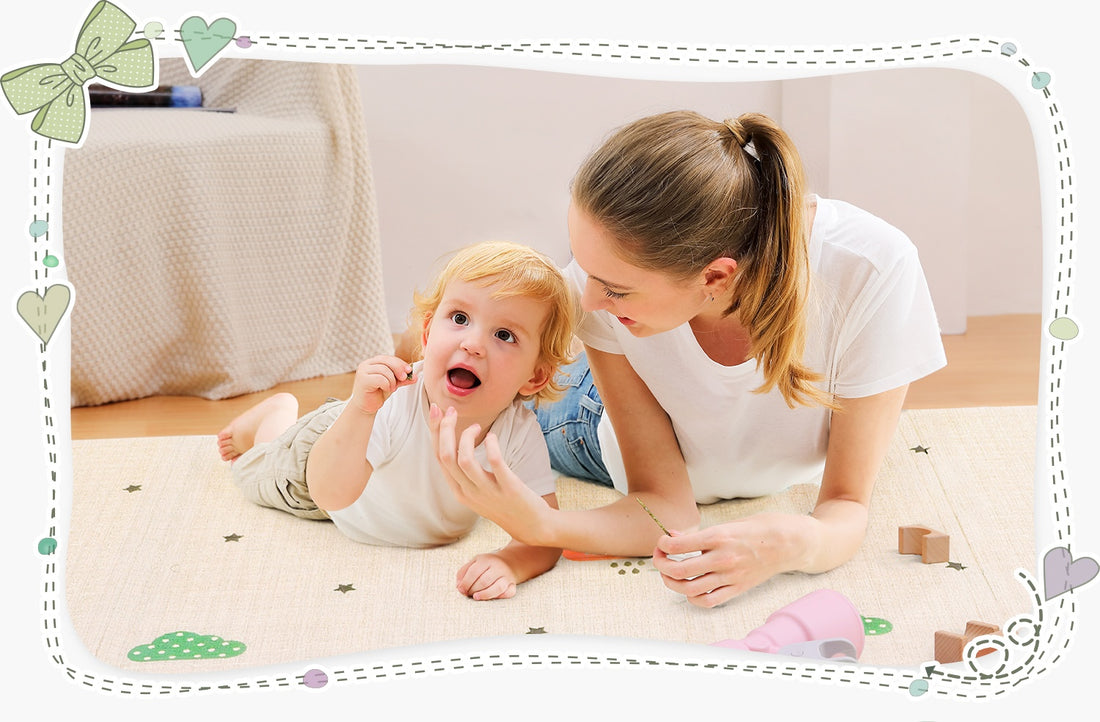Is it necessary for babies to learn how to crawl? Absolutely. Crawling plays a crucial role in a child's development journey. Not only does it involve the flexibility of the shoulder joints, hip joints, and limbs, but it also promotes the overall physical development of babies. Additionally, crawling stimulates the development of a baby's vestibular and balance senses, benefiting the development of internal organs as well.
Why Some Babies Don't Like to Crawl:
But why do some babies seem reluctant to crawl? After consulting with doctors and exchanging ideas with fellow parents, several reasons have come to light:
- Limited Space: If a baby's crawling space is restricted, such as being confined to a bed, they may quickly lose interest. Initially, my child crawled on the bed, but soon lost interest in it. I found that providing a larger crawling space, like the living room, sparked his interest again.
- Premature Encouragement to Walk: Encouraging babies to walk prematurely may deter them from crawling. Doctors have pointed out that babies who are used to having their vision elevated may not enjoy being in the crawling position. They tend to prefer sitting or standing. Therefore, I decided to let my child learn to crawl before encouraging him to walk.
- Lack of Stimulating Tools: Babies easily get distracted, making it challenging for them to focus on crawling for an extended period. Using crawling mats with cartoon designs can capture a baby's attention and encourage forward movement.
Conclusion:
In conclusion, crawling is an essential milestone in a baby's development journey. Understanding the reasons why some babies may not be keen on crawling can help parents create a supportive environment to encourage their little ones to explore this crucial stage.
Contact:
If you have any questions or would like to share your experiences, feel free to contact us via our website or social media platforms. We'd love to hear from you!


